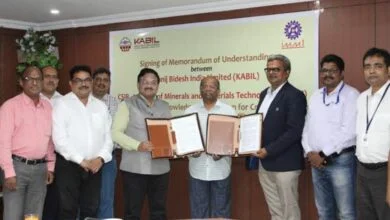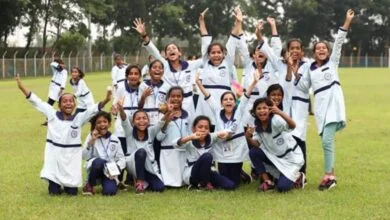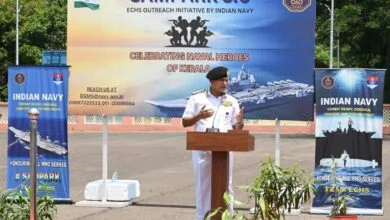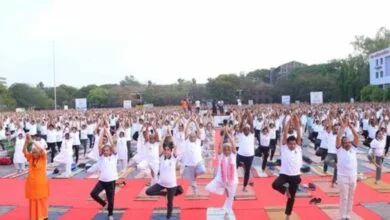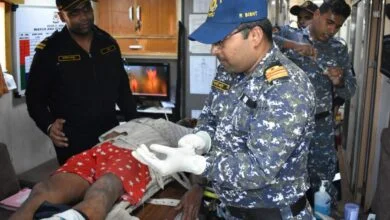Management of E-waste
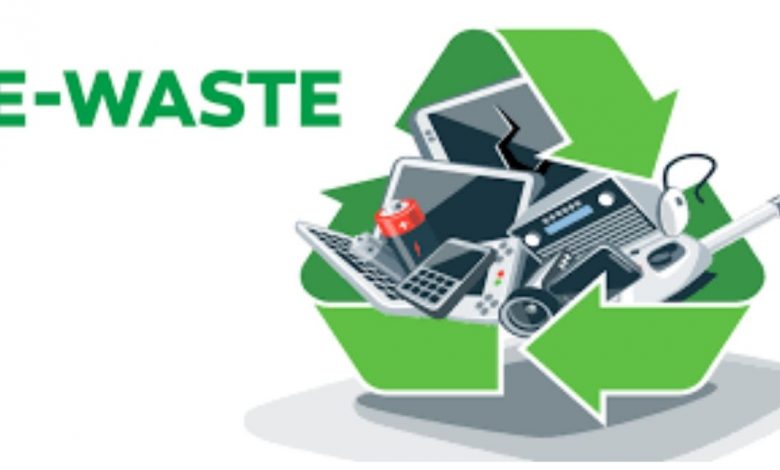
Under the E-Waste (Management) Rules, 2016, twenty-one (21) types of electrical and electronic equipment (EEE) have been notified. These notified EEE at the end of their life becomes E-Waste. The input data for estimation of generation of e-waste is available only from Financial Year (FY) 2017 – 18 and for national-level generation only. Information on national level waste generation for the financial year 2017-18, 2018-19 and 2019-20 are given in the table below:
| S.No. | Financial Year | Generation (Tonnes) |
| 1. | 2017-2018 | 7,08,445 |
| 2. | 2018-2019 | 7,71,215 |
| 3. | 2019-2020 | 10,14,961.2 |
The import and export of hazardous and other wastes are regulated under the Hazardous and Other Wastes (Management and Transboundary Movement) Rules, 2016 notified by the Ministry. The government had banned the import of e-waste in the country by listing e-waste in the Schedule VI (Basel No. A1180) of the said rules. The increase in the generation of e-waste is due to an increase in the sales of EEE in the Country in previous years.
The management of waste in the Country is regulated under the E-Waste (Management) Rules, 2016. Under the said Rules, the responsibility of disposal of e-waste in a scientific and environmentally sound manner has been assigned to Producers of notified Electrical & Electronic Equipment (EEE) as listed in Schedule – I of the said rules under the principle of Extended Producer Responsibility (EPR). Under the EPR regime producers of EEE, have given annual e-waste collection and recycling targets based on the generation from the previously sold EEE or based on sales of EEE as the case may be.
The compliance monitoring is done through an Action Plan developed by the Central Pollution Control Board (CPCB) for enforcement of Waste (Management) Rules, 2016 in the Country. The major action points include identification of Non-EPRAuthorization producers, State/UT wise inventorization of e-waste, verification of system provided by producers for e-waste channelization, verification of facilities of dismantlers/recyclers, drives for checking informal activities, formulation of State Level Committee for monitoring implementation of rules and mass awareness activities etc.
Under the action plan, monitoring and compliance of producers are ensured through State Pollution Control Boards and Pollution Control Committees. Further, under the existing rules, provisions are in place for action against the companies who are violating the said rules.
This information was given by Shri Ashwini Kumar Choubey, Minister of State, Ministry of Environment, Forest & Climate Change in Lok Sabha today.
Disclaimer : This is an official press release by PIB.



